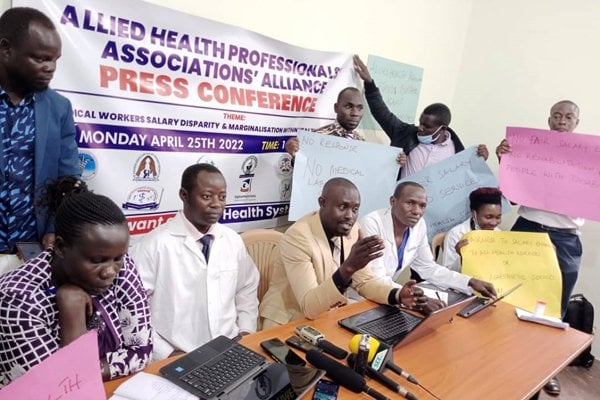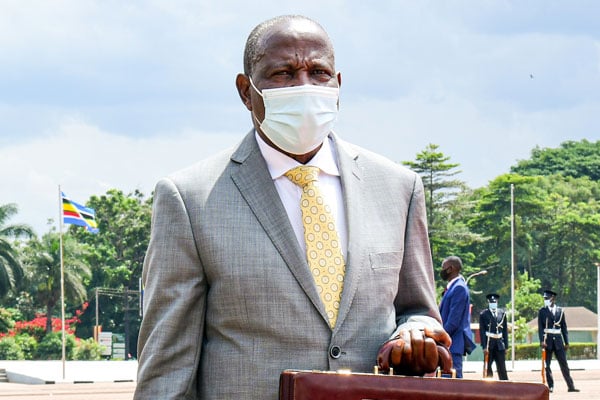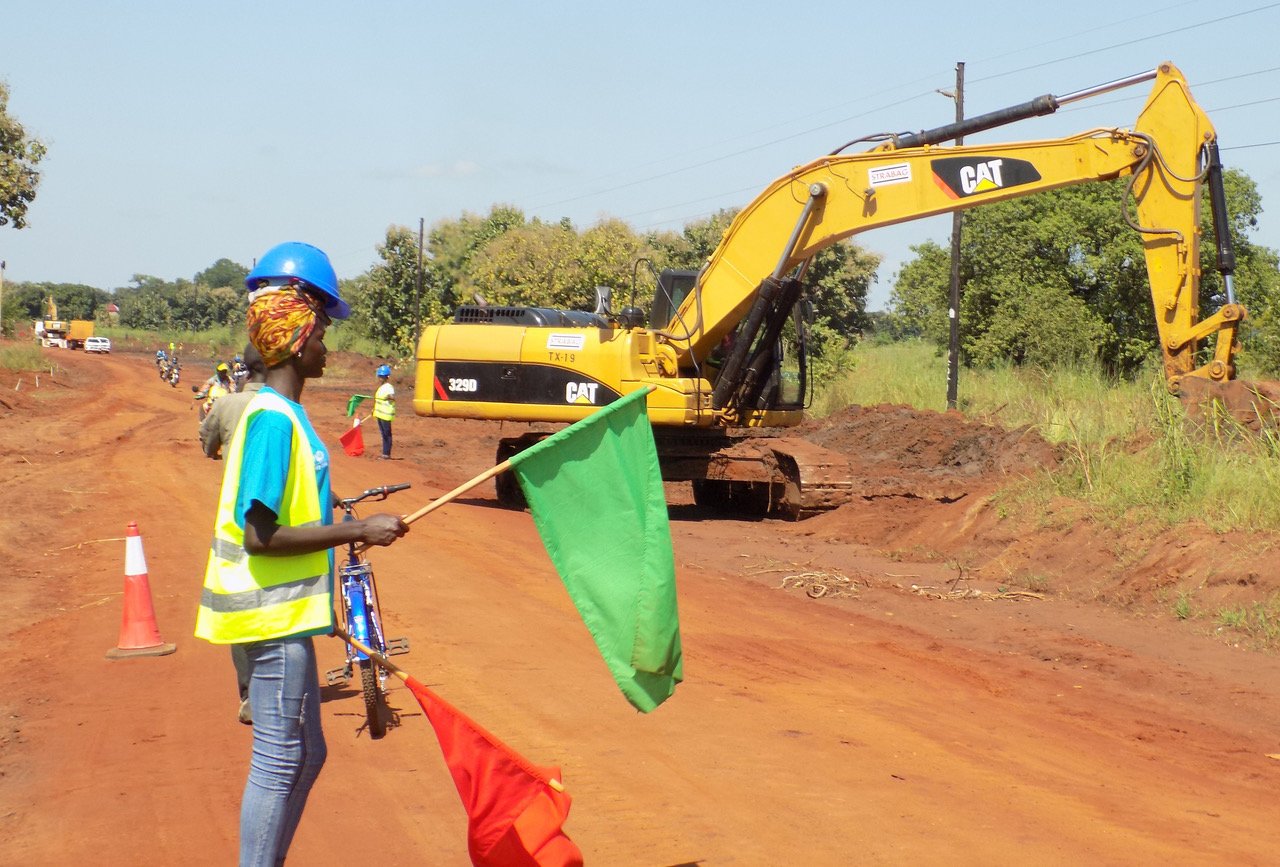Prioritise staffing gaps in health sector – CSOs, MPs ask government

Allied health professionals, including members of Uganda Association for Orthopedic Technologists and Uganda Medical Laboratory Technology Association, during a press conference in Kampala on April 25. PHOTO / TONNY ABET
What you need to know:
- About financing the reproductive maternal, new born, child and adolescent health, activists commended the government for increasing allocation to reproductive health supplies in the forthcoming financial year from Shs22b to Shs25.11b in FY2023/2024.
A section of civil society organisations (CSOs), together with some Members of Parliament, have asked government to prioritise hiring health workers in the next financial year.
The Budget process for the Financial Year 2024/2025 cycle will begin in September this year.
This follows continued Budget cuts in this sub-sector in the FY2023/2024 Budget.
According to the approved annual budget estimates for FY2023/2024, votes in the health sub-programme are set to suffer a Shs181.6b cut, excluding Local Government grants and Kampala Capital City Authority (KCCA) when compared to the FY2022/2023 Budget.
While addressing the media during a pre-budget conference in response to the approved budget estimates for FY2023/2024 at Forum for Women in Democracy (FOWODE) offices in Kampala yesterday, Ms Patricia Munaabi, the executive director of FOWODE, said despite the highlighted gaps, the FY2023/2024 Budget Framework Paper, the wage bill for the delivery of primary health care will be cut by Shs3.483b from Shs751.822b in the FY2022/2023 to Shs748.339b in the FY2023/2024.
“Government needs to safeguard the health sector human resources budget from cuts if it is to address the gaps identified in the budget strategy in relation to human resources for health. The Ministry of Health should also develop and submit a costed human resource plan elaborating how it intends to progressively cover the highlighted human resource gaps to the optimal levels that were set in the NDP [National Development Plan] III framework,” Ms Munaabi said.
About financing the reproductive maternal, new born, child and adolescent health, activists commended the government for increasing allocation to reproductive health supplies in the forthcoming financial year from Shs22b to Shs25.11b in FY2023/2024.
The Health ministry notes that drug stock-outs are the biggest challenge in the health sector. Ms Munaabi concurs with the ministry, saying, “there is still a problem of stock-outs for maternal lifesaving health commodities.”
“Government needs to prioritise and allocate resources to close the 41 percent staffing gap in the child health department. The National Medical Stores needs to target zero stock-out for maternal lifesaving commodities through increased support to districts to adequately forecast and deliver the requested commodities on time,” Ms Munaabi said.
The chairperson of Parliament’s Committee on Gender, Labour and Social Development, Ms Flavia Rwabuhoro Kabahenda, expressed concern that the pertinent issues that are always discussed are again on their backs.
“If we talk about sustainable development, we are talking about people because development is not about objects, it’s about the people. You can do all the roads, buy all the fire arms but as long as the people are not developed, you are doing that in vain,” Ms Kabahenda said.
“How can you just say no more recruitment for all sectors and you don’t even mind that the education and health sectors will be affected most? The health sector needs more recruitment than any other sector,” Ms Kabahenda added.
Mr Peter Echweru from Centre for Health, Human Rights and Development, said the overall reduction in the health budget sector is extremely dangerous, especially in a country with a population annual growth rate of about 3.4 percent.
Kassanda District Woman Member of Parliament Flavia Nabagabe proposed sources for financing the health sector, looking at the budget for the Presidency, whose total amounts to Shs250b annually as recommended in the minority report of the budget estimates for parliament.
‘The P resident has about Shs250b allocated to him but we can reduce this to Shs82b to cater for some of the budgetary priorities, including staffing and inadequate medical equipment.”




